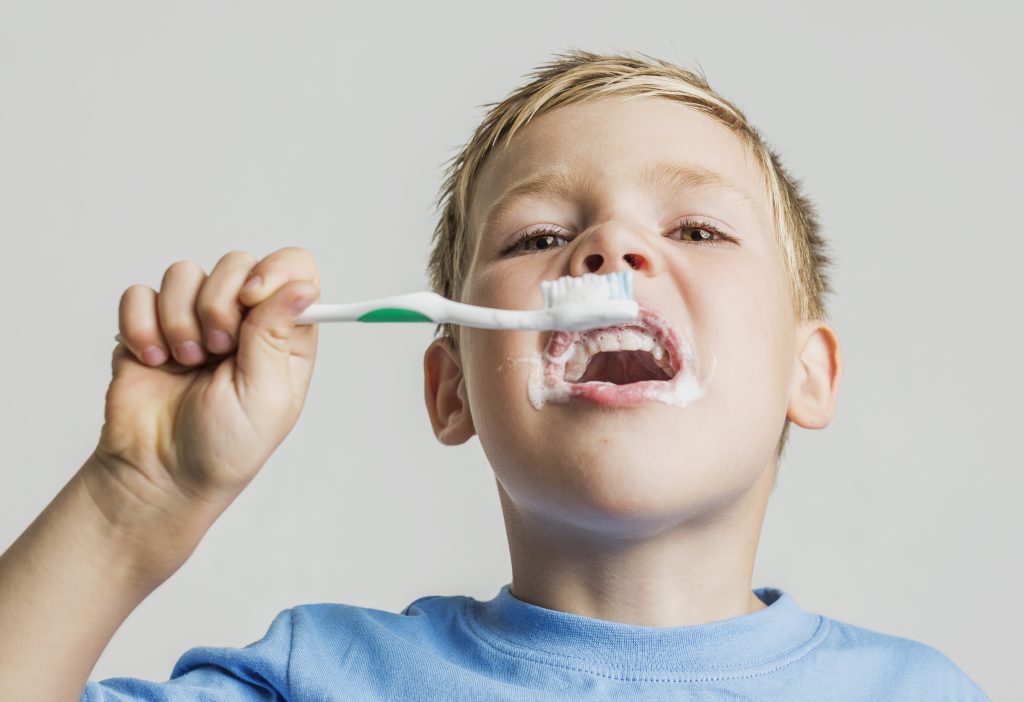The celebration of this date aims to highlight the benefits of a healthy mouth and promote awareness of issues surrounding oral health and the importance of taking care of oral hygiene.
Oral diseases are among the most common chronic diseases worldwide. 90% of the world population is at risk of suffering from some type of disorder at the oral level, from caries lesions, periodontal diseases and oral cancer. Dental caries (progressive destruction of the tooth structure) and periodontal disease (destruction of the tissues that connect the tooth to the bone), are the most frequent bacterial diseases in the oral cavity.
Good oral health is a determining factor for the health and quality of life in general of each person, given its close relationship with physical and emotional well-being, as well as in interpersonal relationships and social life. Through the mouth we are aware of signs and symptoms of health and diseases, as some diseases that affect the organism may have their first manifestation in the oral cavity.

The relationship between oral and general health is understood when we realize that the mouth is the gateway to the bloodstream, that is, to the organism as a whole. This way, when there is something in the mouth that is not well and infections develop, they can get out of control and affect the rest of the body. It is enough to realize that in the mouth there are more than 600 different bacteria, some of them harmful, but that it is easily kept under control with correct oral hygiene habits. Examples of this are digestive problems, cardiovascular problems, diabetes and diseases of the immune system, among others, which are more than studied and scientifically proven to have a strong correlation.
The most effective way to maintain oral health and, in turn, global health, involves going to the dentist at least twice a year, that is, every six months and daily cleaning of teeth 2 or 3 times a day.

Therefore, going to the dentist cannot be only when there is discomfort or pain, the patient must understand that regular visits to the dentist are extremely important.
The colonization of bacteria can occur at a very early stage of life, so it is important to start oral hygiene before the birth of the first teeth. A child with good hygiene habits and good oral health should ideally be seen by your dentist every six months. However, in situations of high risk of caries, this time can be reduced to intervals every three months.

The prevalence of dental caries in childhood is quite high in Portugal, but fortunately it has been decreasing due to oral hygiene prevention programs and also the improvement in children's food care.
Other harmful habits for children's teeth consist of biting the nails, sucking the thumb, sucking the cheek mucosa (cheeks), interposing / sucking the tongue and / or lips, using a pacifier, mouth breathing and grinding the teeth (bruxism causes wear and tear on the faces of the teeth).

The celebration of this day is an opportunity to raise awareness, motivate and stimulate the maintenance of oral health throughout life with the right habits, food and adequate surveillance.
Share on facebook
Facebook
Share on twitter
Twitter
Share on linkedin
LinkedIn
Share on email
Email
![[:pt]clínica cura pura](https://curapura.pt/wp-content/uploads/2017/10/logo-footer2.png)




